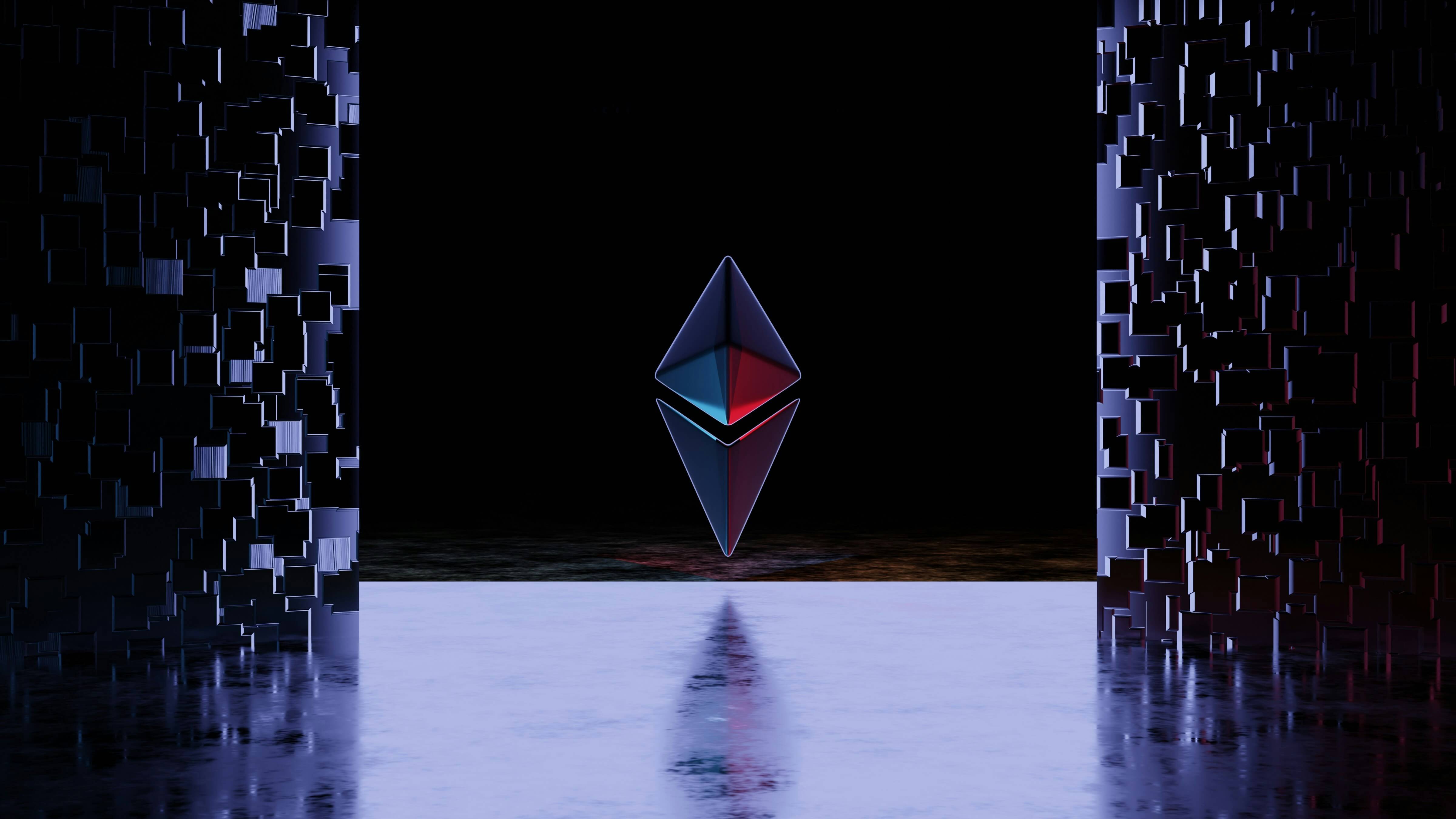
Imagine a world where groundbreaking research isn’t locked away behind a paywall. Where data is freely shared, peer review is transparent, researchers (not big publishers) decide how their discoveries see the light of day, and bold ideas can be rapidly (crowd)funded by the scientific community itself.
It might sound a bit idealistic, but that’s the vision behind DeSci (Decentralized Science). Suppose you’re a researcher frustrated by slow peer review, endless grant proposals, or the feeling that gatekeepers hold all the cards. In that case, this emerging movement might be what you’ve been hoping for.
In this piece, we'll unpack what DeSci means, how it works in practice, and why it could revolutionize the future of science as we know it.
Science is meant to thrive on curiosity, collaboration, and open debate. But too often, the system built to support it does the opposite.
If you’ve ever hit a paywall when trying to read a paper, waited months (or longer) for peer review with zero updates, or watched promising ideas fizzle out because they didn’t tick every funding box, you’re not alone.
The same problems keep coming up:
None of this is news to most scientists. But what’s exciting is that more people are asking: Why does it have to be this way?
DeSci (Decentralized Science) is a grassroots movement that aims to rebuild the way science works from the ground up. At its core, it utilizes decentralized tools and principles (often borrowed from blockchain and Web3) to grant researchers greater control, enhance transparency, and fairly reward good work.
It’s not just about crypto tokens or trendy buzzwords. DeSci is about putting power back in the hands of people doing the actual science and the communities that benefit from it. There are a few main pillars that shape how it works.
Typically, researchers rely on large grants to fund their teams and research pipelines. However, these grants are not only difficult to obtain and bureaucratic; the existing funding practices also discriminate against newcomers and highly innovative ideas. DeSci allows scientists to raise funds directly from supporters worldwide. Crowdfunding isn’t new, but blockchain tech allows for tokenized incentives and community-run funding pools. These mechanisms attract new funders and increase funding for science. For example, a group researching an underfunded disease could create a DAO (basically a digital co-op) where patients and supporters contribute small amounts. The community then votes on which projects to back.
Imagine if the entire publishing process, including peer review, happened in the open. Feedback could be tracked, verified, and credited, and good reviewers could get rewarded for their time. Blockchain can timestamp each step, ensuring a clear record of who did what and when.
DeSci projects often run as DAOs (Decentralized Autonomous Organizations). Instead of a closed-door editorial board, decisions about funding, policies, or platform features are made by community vote. It’s a new spin on ‘by scientists, for scientists.’
Most DeSci initiatives advocate for the free and open accessibility of research outputs to the general public. The goal is to foster more collaboration and achieve faster progress, rather than hoarding knowledge for prestige or behind paywalls.
This isn’t just wishful thinking. DeSci is already making a difference for people doing research in the real world.
New Funding Options
Crowdfunding and tokenized grants can help scientists fund risky or unconventional ideas that traditional funding bodies might reject. It’s a way to diversify your funding streams, instead of putting all your eggs in one grant application.
Credit Where It’s Due
Peer reviewers and data curators are essential to good science, yet they’re often invisible. DeSci platforms can track and reward these contributions, building your reputation in a more verifiable way.
Level Playing Field
No big-name university? No problem. DeSci is open to researchers everywhere, no matter where you live or where you studied. If your ideas are strong, you can find collaborators and backers.
More Control Over IP
Some DeSci projects experiment with new methods of licensing research. For example, fractional ownership or open licenses keep knowledge freely available while still giving creators a stake in its use.
Although still in its early stages, DeSci is growing rapidly. Here are just a few examples you might want to check out:
All of these projects share the same goals. They are experimenting with models that could make science faster, fairer, and more open. Not all will succeed, but they’re proving there’s a real appetite for change.
DeSci isn’t a magic bullet. There are still significant challenges to work out:
It may not solve everything overnight, but for researchers who want more flexibility and transparency, it's definitely worth keeping an eye on.
DeSci focuses on asking science-forward questions: How can we make science more open, more transparent, and more fair? And then, experimenting together to find the answers.
You don’t have to dive into blockchain head-first to be part of DeSci. Start small:
The movement is driven by curious, motivated researchers - people like you. It grows stronger every time someone asks, “Why not?”
Have our latest blogs, stories, insights and resources straight to your inbox